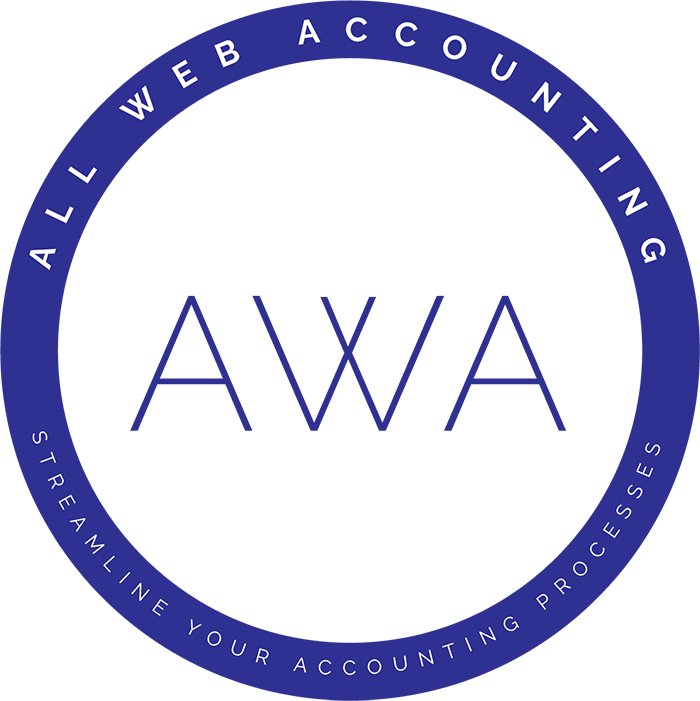How to Build a Personal Budget and Stick to It!
As a business owner, you are likely well-versed in managing cash flow, tracking expenses, and ensuring profitability. However, when it comes to personal money management, many entrepreneurs struggle to apply the same discipline. A personal budget is essential for financial stability, helping you manage expenses, save for the future, and reduce financial stress. Here’s a step-by-step guide on how to build a good budget and, more importantly, stick to it.
Step 1: Assess Your Income and Expenses
Before you create a budget, you need a clear picture of your financial situation. Start by calculating your total monthly income from all sources, including your business profits, salary, investments, or side gigs. Then, track your monthly expenses. Categorize them into fixed expenses (rent, insurance, loan payments) and variable expenses (groceries, entertainment, dining out).
You can use personal money management programs to make this process easier. Tools like budgeting apps or spreadsheets help you track expenses automatically and provide a detailed breakdown of where your money is going.
Step 2: Set Clear Financial Goals
Having a budget without clear goals is like running a business without a strategy. Define your short-term and long-term financial goals. Short-term goals may include building an emergency fund or paying off debt, while long-term goals may involve saving for retirement or purchasing a new home.
By setting clear financial objectives, you can prioritize your spending and make informed decisions. If you’re unsure about setting realistic financial goals, consulting a CPA near me can provide professional insights tailored to your income and lifestyle.
Step 3: Create a Realistic Budget Plan
Now that you understand your financial standing and have set goals, it’s time to build a good budget. Allocate your income based on essential expenses, savings, and discretionary spending. A popular method is the 50/30/20 rule:
- 50% on Needs: Rent, utilities, groceries, insurance, and loan payments.
- 30% on Wants: Dining out, entertainment, shopping, and travel.
- 20% on Savings and Debt Repayment: Emergency funds, retirement savings, and paying off debts.
If you find yourself overspending in certain areas, consider adjusting your budget accordingly. Personal money management programs can help you automate savings and track progress.
Step 4: Cut Unnecessary Expenses
One of the biggest challenges in managing personal finances is controlling unnecessary spending. Review your variable expenses and identify areas where you can cut back. For example:
- Dining out frequently? Try cooking at home more often.
- Subscription services you don’t use? Cancel or downgrade them.
- Impulse shopping? Set a waiting period before making purchases.
A good budget isn’t about depriving yourself; it’s about making smarter financial choices to achieve your goals.
Step 5: Monitor and Adjust Your Budget
A budget isn’t a one-time effort—it’s an ongoing process. Regularly review your budget to ensure you’re on track. If you experience changes in income or unexpected expenses, adjust your budget accordingly.
Utilizing bookkeeping tools can help track income and expenses efficiently. If you run a business, integrating your business bookkeeping with your personal budget can provide a clearer financial picture. A CPA near me can offer professional advice on tax planning, deductions, and optimizing cash flow for both business and personal finances.
Step 6: Build an Emergency Fund
Unexpected expenses can derail even the best financial plans. Whether it’s a medical emergency, car repairs, or a business downturn, having an emergency fund prevents you from relying on credit cards or loans. Aim to save at least three to six months’ worth of living expenses in a separate savings account.
Using personal money management programs can help automate savings, ensuring that a portion of your income goes into your emergency fund each month.
Step 7: Stay Accountable and Committed
Sticking to a budget requires discipline and accountability. Here are some tips to stay on track:
- Use budgeting apps to get real-time spending insights.
- Set reminders for bill payments and savings contributions.
- Have an accountability partner, like a spouse or financial advisor.
- Celebrate small milestones when you achieve your financial goals.
If you struggle to manage your budget or need personalized financial advice, working with a CPA near me can provide guidance tailored to your financial needs.
Conclusion
Building and sticking to a personal budget is crucial for financial success, especially for business owners balancing both personal and professional finances. By tracking your income and expenses, setting clear goals, using personal money management programs, and seeking professional guidance when needed, you can take control of your finances and work towards financial freedom.
Start today—your future self will thank you!
